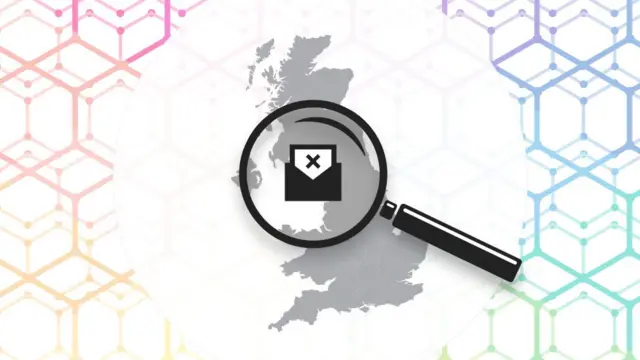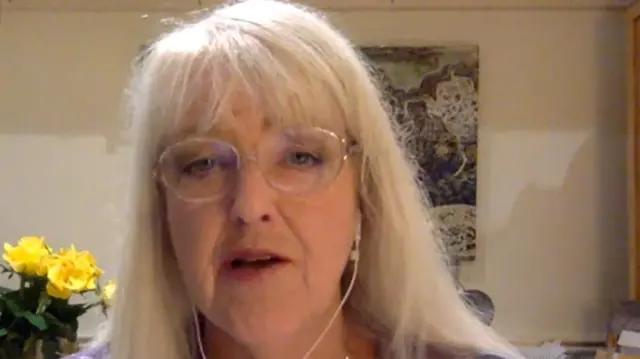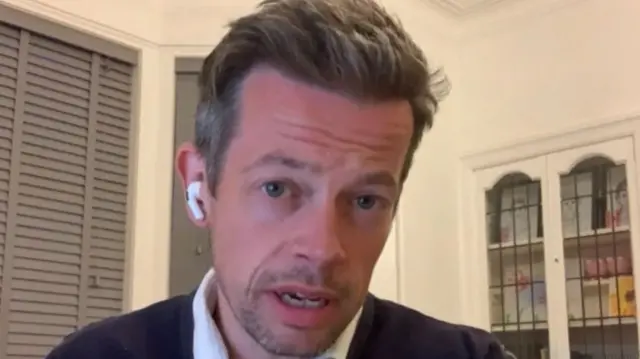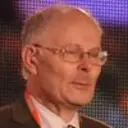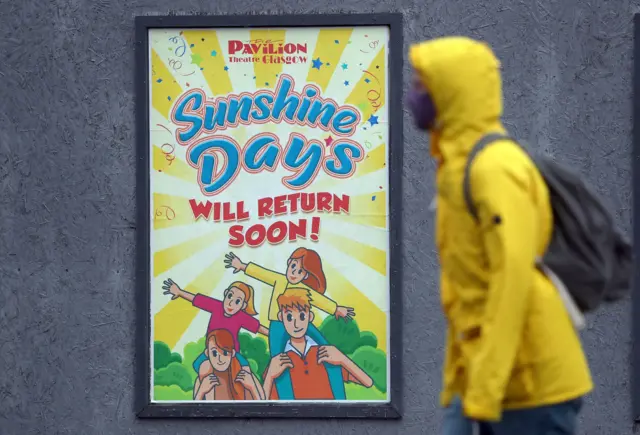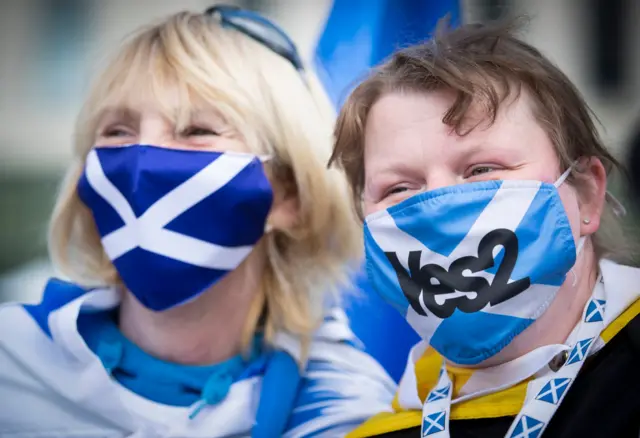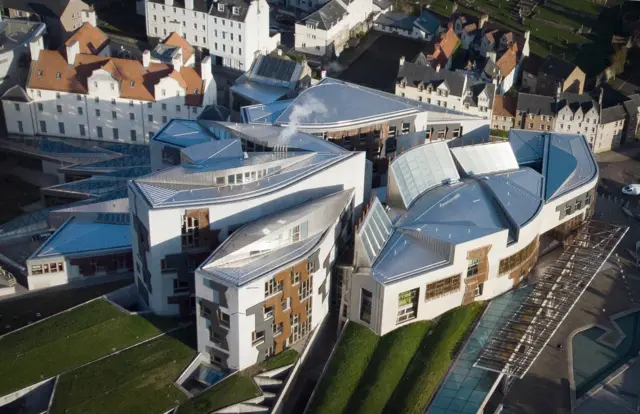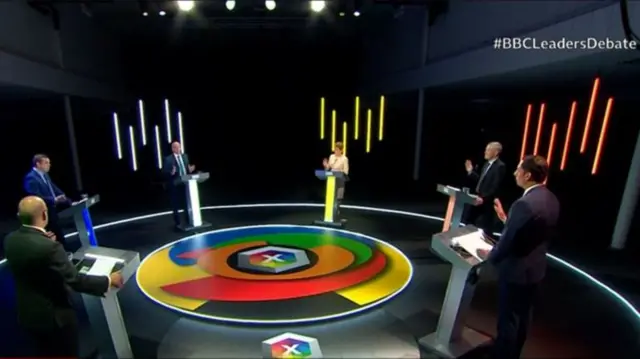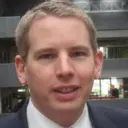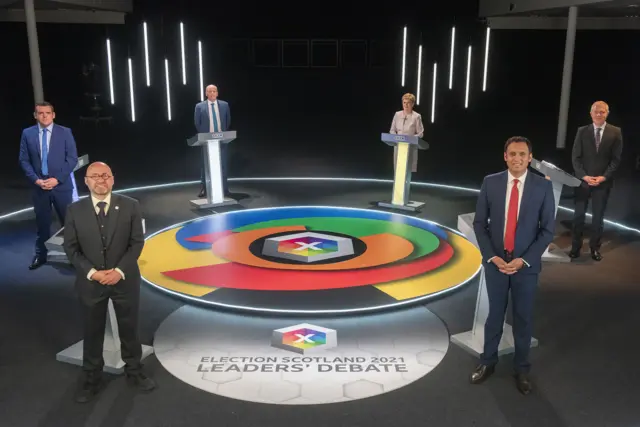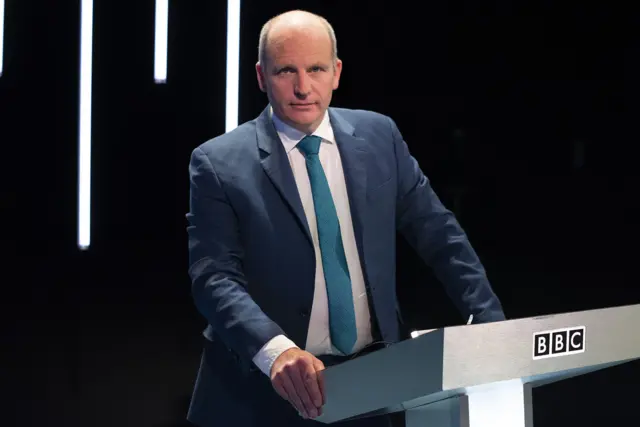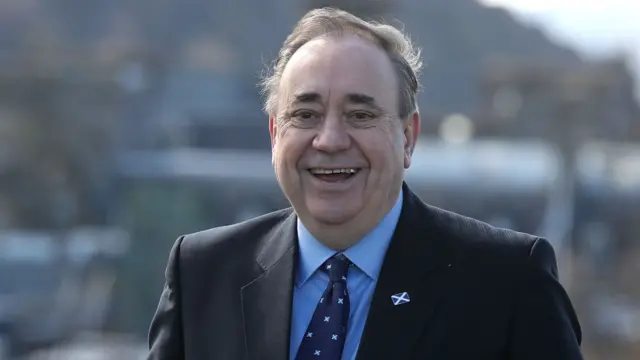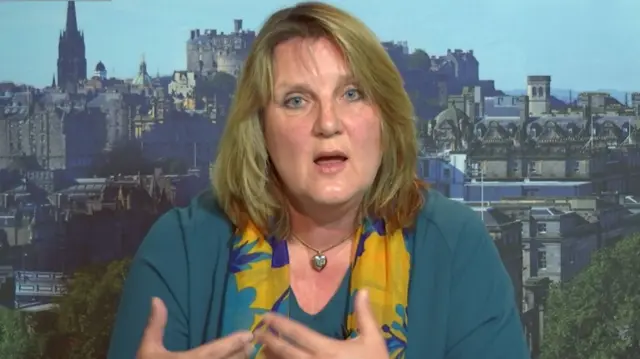Election 2021 Leaders' Debate: The key pointspublished at 22:17 BST 4 May 2021

The leaders of the five larger parties faced off for the final time ahead of the Scottish Parliament election on 6 May. Here are the key points from the debate:
- All five leaders urged caution on the return of non-essential foreign travel, with Nicola Sturgeon saying that while no decision has been taken yet, it may have to wait “a little bit longer”
- The importance of social care was recognised but there was disagreement on the need for a national care service, with Willie Rennie saying a centralised service "would be a mistake"
- The leaders were challenged on whether they would raise taxes to fund their spending pledges, but say they would delay any changes to the tax system during the recovery from Covid
- Four of the five leaders dismissed the idea of a new Royal Yacht, variously descibing it as "absurd", "ludicrous" and a "cheap stunt" by Boris Johnson - but Douglas Ross says he would see what private money was available before deciding
- There are sharp divisions over indyref2, with Nicola Sturgeon denying Douglas Ross' claims that she would hold an “illegal wildcat referendum” and Anas Sarwar insisting he does not support one
- The debate ends on a note of consensus as the party leaders all make spending time with their families the priority as lockdown restrictions ease - with Patrick Harvie also keen to get to another beer festival


